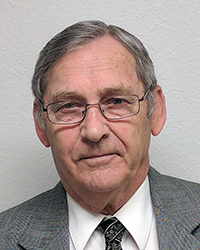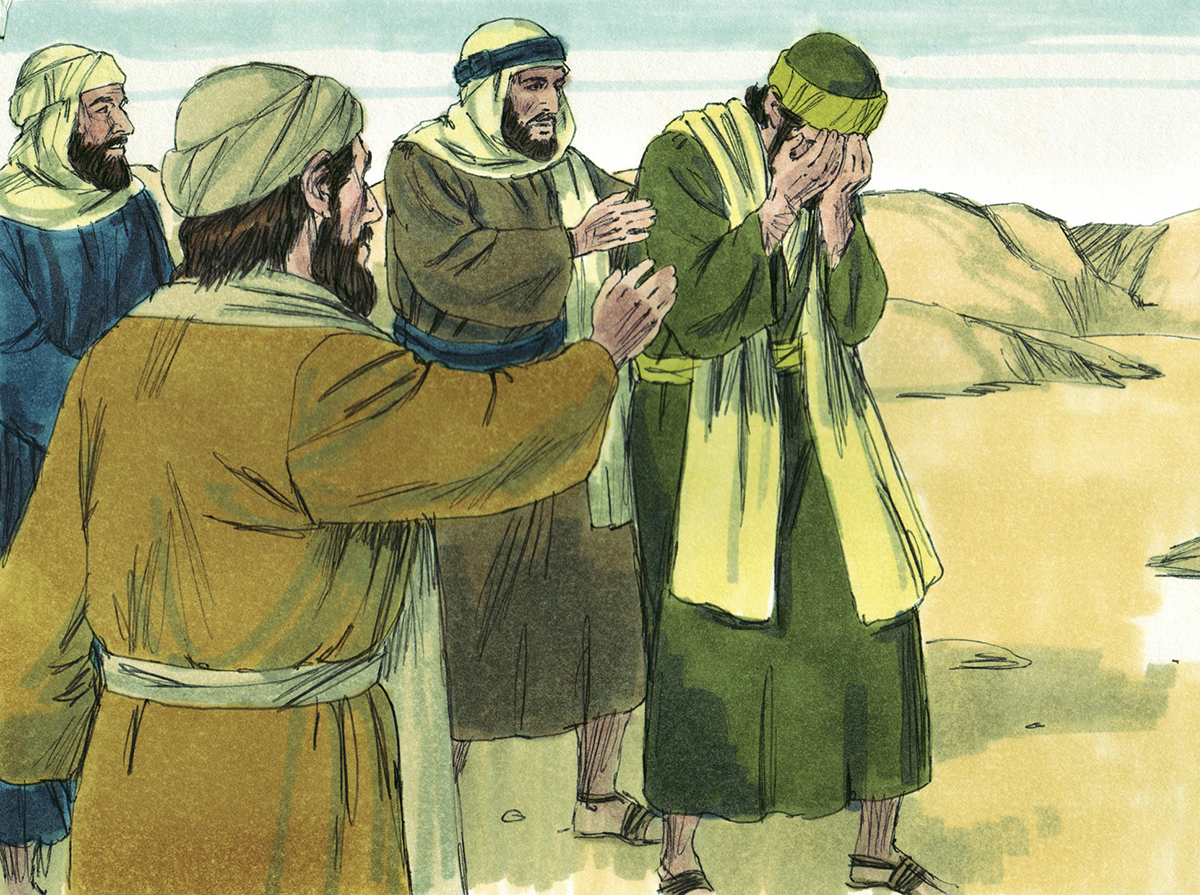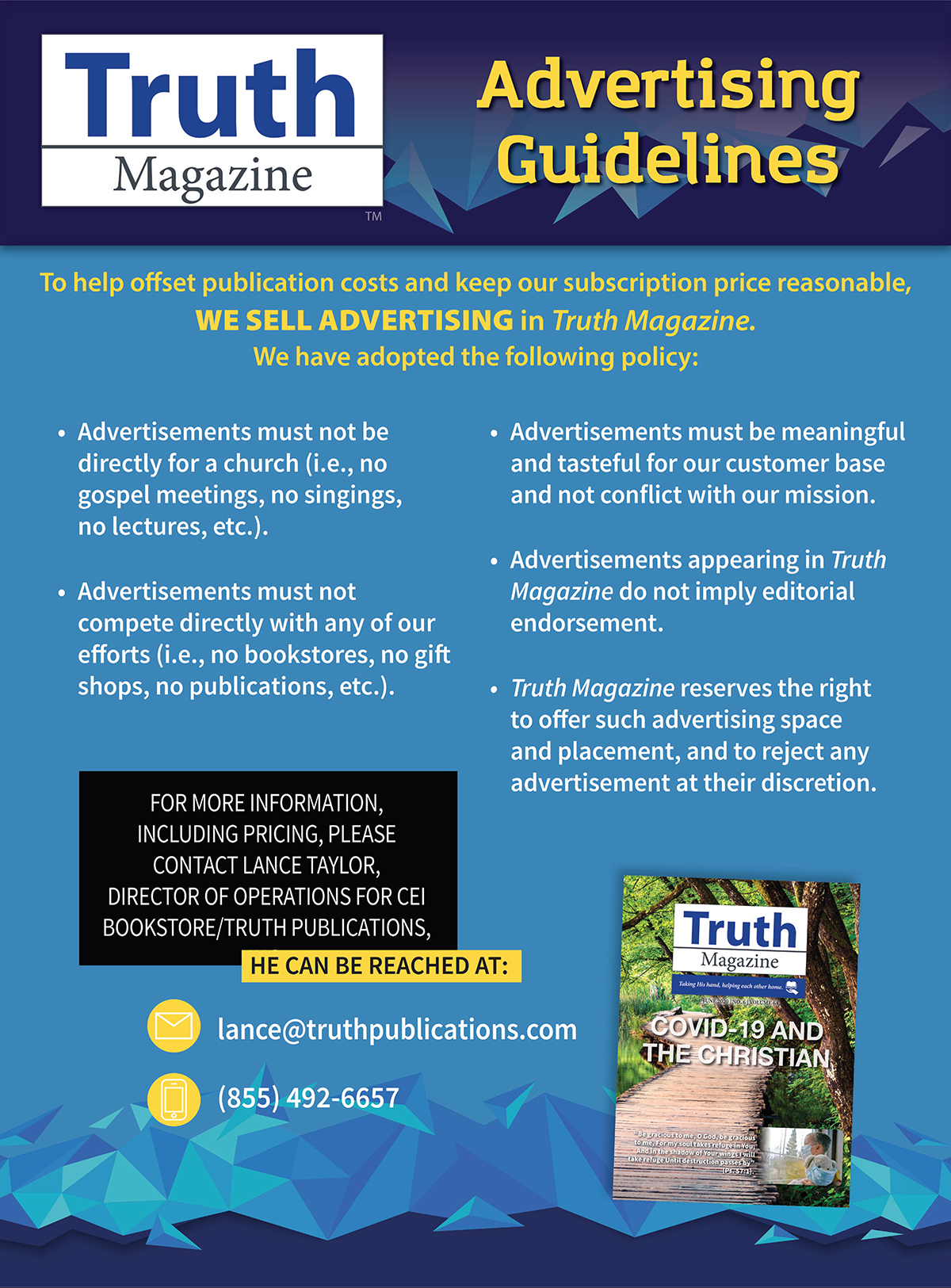by Dennis Abernathy
Synopsis:
We first meet Saul of Tarsus as a young man in Acts 7 when Stephen was stoned to death. The perpetrators “laid down their clothes at the feet of a young man named Saul” (Acts 7:58). Saul never forgot this event. In Acts 22:20, he said, “And when the blood of your martyr Stephen was shed, I also was standing by consenting to his death, and guarding the clothes of those who were killing him.” Progressing from being a cheerleader, Saul became the leader in a great persecution against the church at Jerusalem. This persecution broke out with the ferocity of a sudden storm as he began to try and destroy the church with brutal and sadistic cruelty. Acts 9:1 said he “was breathing out murderous threats against the Lord’s disciples.” Like a snorting warhorse sniffing the smell of battle, he sought any fugitives who had escaped his grasp in Jerusalem. He sought authority from the high priest to go to Damascus, hunt them down, and bring them back to Jerusalem. Armed with an extradition order, a heart filled with hatred, and a mind poisoned by prejudice, Saul journeyed to Damascus. In his own words, Paul describes his mindset: “I too was convinced that I ought to do all that was possible to oppose the name of Jesus of Nazareth. And that is just what I did in Jerusalem. On the chief priests’ authority, I put many of the saints in prison, and when they were put to death, I cast my vote against them. I often went from one synagogue to another to have them punished, and I tried to force them to blaspheme. In my obsession (rage) against them, I even went to foreign cities to persecute them” (Acts 26:9-11).
As Saul and his companions approached Damascus, about noon, a light brighter than the sun overwhelmed them, and they all fell to the ground. Amid this light, the risen and exalted Christ appeared to Saul and spoke with him. “Saul, Saul, why do you keep on persecuting Me?” Saul, not knowing who was talking to him, asked, “Who are you, Lord?” The Lord then identified himself as “Jesus of Nazareth, whom you continue persecuting.” Saul, trembling and astonished, said, “Lord, what do you want me to do?” Jesus responded, “But rise and stand on your feet; for I have appeared to you for this purpose, to make you a minister and a witness both of things which you have seen and of the things which I will yet reveal to you. I will deliver you from the Jewish people, as well as from the Gentiles, to whom I now send you, to open their eyes, in order to turn them from darkness to light, and from the power of Satan to God, that they may receive forgiveness of sins, and an inheritance among those who are sanctified by faith in Me.” Now, “Arise and go into the city, and you will be told all things which are appointed for you that you must do” (Acts 9, 22, 26).
When Saul got up and opened his eyes, he could not see “for the glory of that light” (Acts 22:11). Wayne Jackson states: “Since his companions had seen the light, but not the Lord (22:9; 9:7), and yet were not blinded, one must conclude that it was the vision of the glorified Lord (cf. Lk.24:46), that veiled Saul’s vision—not the light per se. . . . Saul had seen the resurrected Christ! His friends led him by the hand into the city. For three days, the Jewish ex-persecutor could not see a thing. During those days of darkness, he saw more ‘light’ than many see in a lifetime!” (The Acts of the Apostles, From Jerusalem to Rome, 107-108).
What were some of the things Saul saw that day on the road to Damascus?
Saul had been brought up and taught by Gamaliel, the most eminent teacher of his time (Acts 22:3). Because of his zeal for Judaism’s traditions, he was much more advanced than others his age (Gal.1:14). Thus, Saul was well taught and educated in the Jewish religion but was ignorant of the Lord and the religion of the Lord. Gamaliel had taught Saul the Jewish religion with its flawed ideas and expectations of the coming Messiah. Naturally, Saul rejected Jesus of Nazareth and all who believed in Him. Because of his ignorance in unbelief, Saul was “formerly a blasphemer, a persecutor, and an insolent (violently arrogant) man” (1 Tim.1:13).
Saul had persecuted the church because he thought they were guilty of blasphemy, and all the while, it was he who was the guilty one. In essence, the Lord told him so on the Damascus road. Saul thought he was doing God a service by persecuting the Lord, but in truth, it was the Lord who would do him a service by extending mercy to him. His ignorance in unbelief did not excuse his guilt—he was guilty! Ignorance does not excuse one single sin. But Saul sincerely thought he was doing the right thing in service for God. He loved God, but he was just ignorant of His Son. He believed what he had been taught, but his teacher was wrong! He now knew that Jesus of Nazareth was genuine—that He was the Messiah for which his heart longed. He had seen Him and had a conversation with Him. He now saw that those he was persecuting and trying to destroy were right all along, and it was he who was wrong. He now knew that Stephen, whose death he had consented to, had been preaching the truth. This must have distressed Saul to no end. What excruciating pain he must have felt as he waited for three long days without eating and drinking and praying and waiting to hear what he must do.
Saul excelled in the Jewish religion. He had been taught from his youth “according to the strictness of the law” and “was zealous toward God” and “toward the traditions of his fathers”(Acts 22:3; Gal. 1:14). He was a Pharisee—the Jewish religion’s strictest sect (Acts 26:5; Phil. 3:5).
Now that Saul had seen the risen Lord, he knew that it was decision time. How could he cling to Judaism, which was still looking for the Messiah to come when he had seen the Messiah in his glorified state? How could he serve the law and traditions of his fathers when he now knew who the Christ was?
His background and standing in Judaism were outstanding. They were beneficial for him as far as confidence in the flesh went. But when he saw Jesus of Nazareth on the Damascus road, all of those things that he might have gloried in became useless to him. Saul knew the Jewish religion inside and out—he excelled in it. He had “been there and done that.” But now, he knew who he had seen and talked within that heavenly vision on the Damascus road, and all of those former things paled in insignificance.
Even though Saul “thought he must do many things contrary to the name of Jesus of Nazareth” (Acts 26:9), and even though “he lived in all good conscience” while he was trying to destroy the church, in actuality, he was “chief of sinners” (1 Tim. 1:15). Even though the Lord had appeared to him on the Damascus road and even though Saul was believing and penitent, he did not as many denominational preachers and commentators say, “then and there receive the remission of his sins.”
Remember, Saul had asked Jesus: “What wilt thou have me to do?” Saul knew there was something he had to do. Jesus told him, “Arise and go into the city, and it shall be told thee what thou must do” (Acts 9:6). This word “arise” is significant because it implies action on Saul’s part.
Up to this moment, Paul had been doing what he liked, what he thought best, what his will dictated, but from this time forward, he would be told what he must do! Man is always involved in his salvation, and his involvement always involves obedience to Christ’s will because He is “the author (source) of eternal salvation unto all them that obey Him” (Heb. 5:9).
We find Saul in Damascus penitently praying and fasting but yet in his sins. He is still waiting to hear what he must do! Up to this point, he still did not know. The Lord convinces a saint named Ananias to go and find Saul, who is looking for him to come, and tell him what he MUST do. Upon arriving, Ananias laid his hands on Saul, and he received his sight. Ananias then told Saul, “And now why tarriest thou? Arise, and be baptized and wash away thy sins, calling on the name of the Lord” (Acts 22:16). Notice the word “arise” again. It implies action on Saul’s part, and Saul acted, “he arose, and was baptized” (Acts 9:18). Thus, Saul was a man who now wanted to do only what the Lord wanted him to do. And of course, we know that Jesus said, “He that believeth and is baptized shall be saved . . . “ (Mark 16:16).
Saul’s sin was something that he refused to forget, for every time he remembered the greatness of his sin, he remembered the still more extraordinary greatness of Jesus Christ. Saul, now the apostle Paul, learned a great deal on that road to Damascus. He was now ready, not to kill those who were serving Christ, but to be killed in His service. The persecutor would now become the persecuted!



